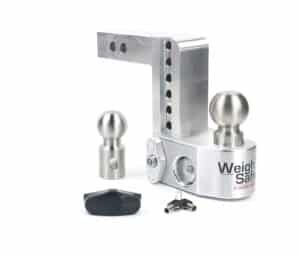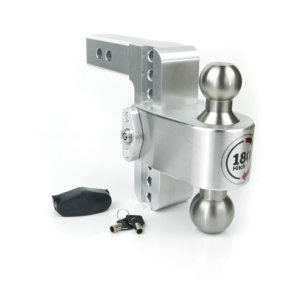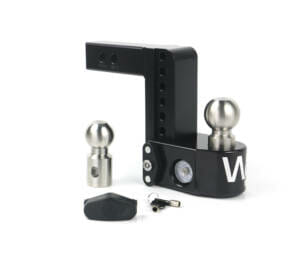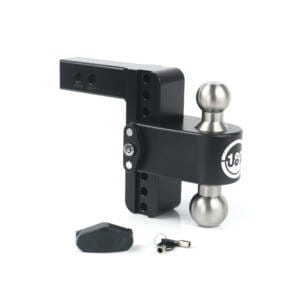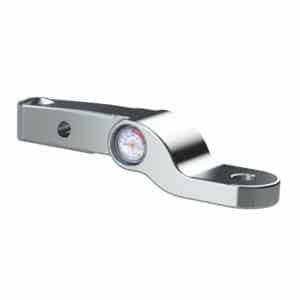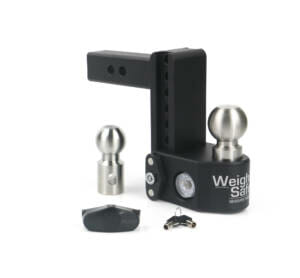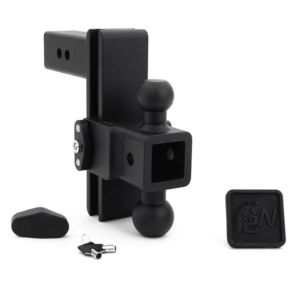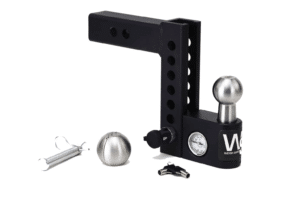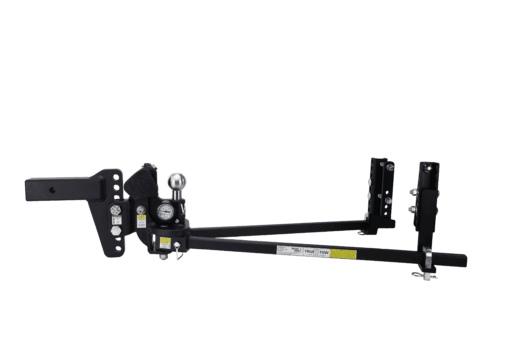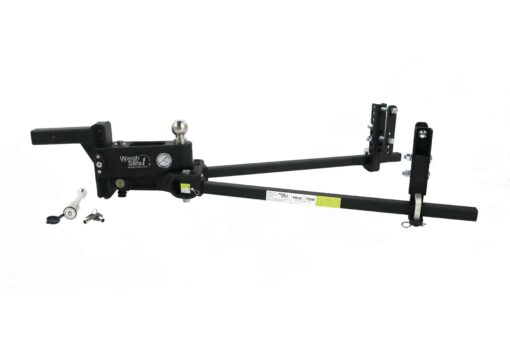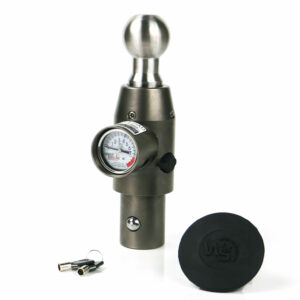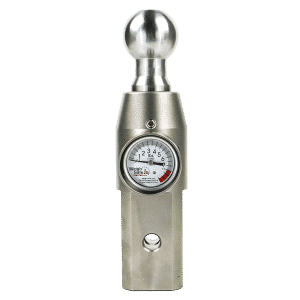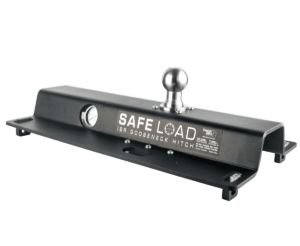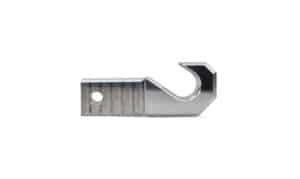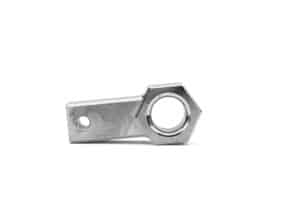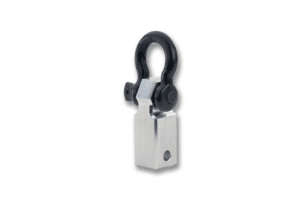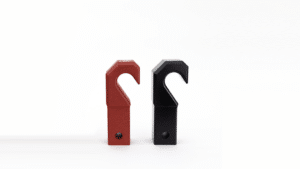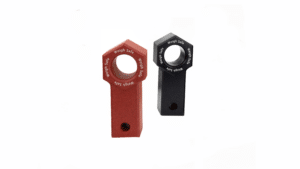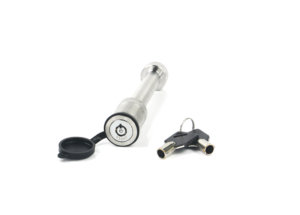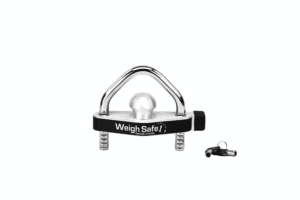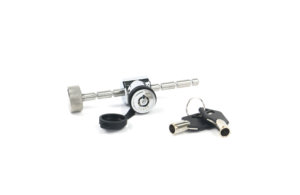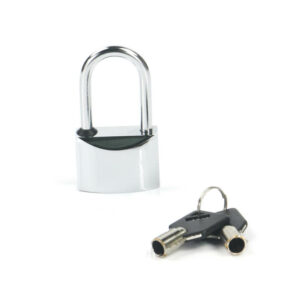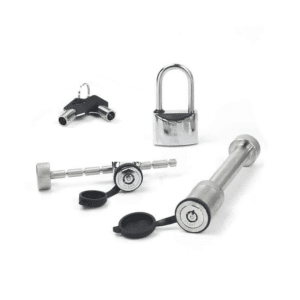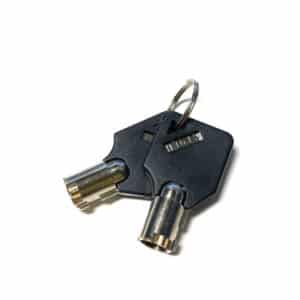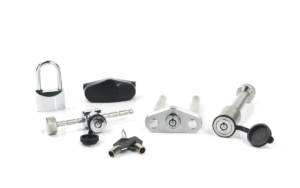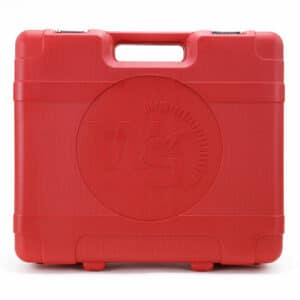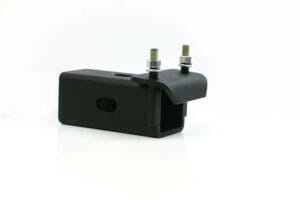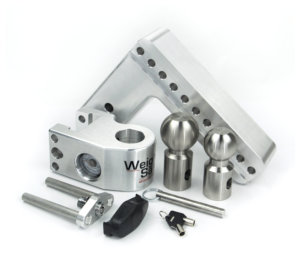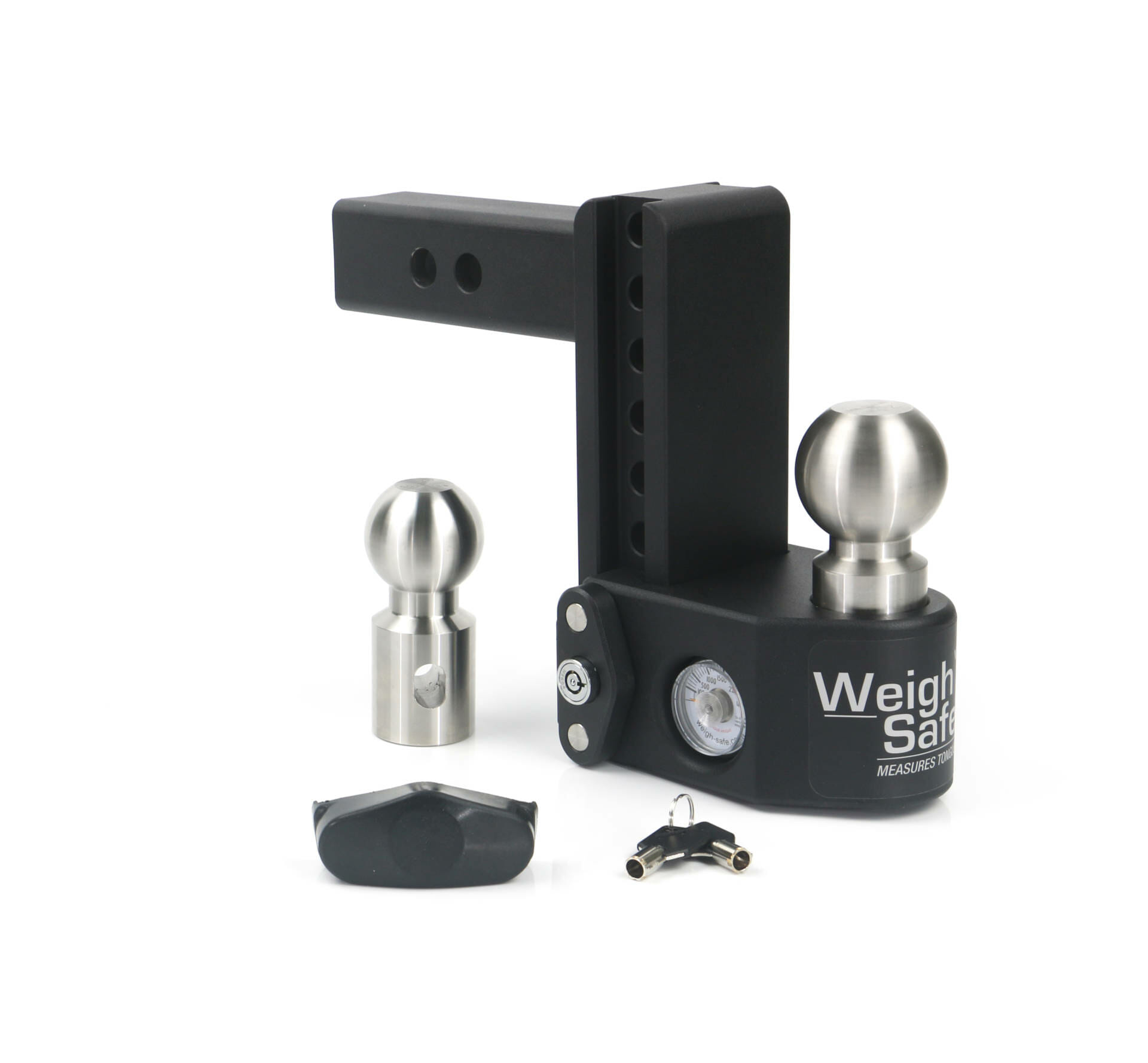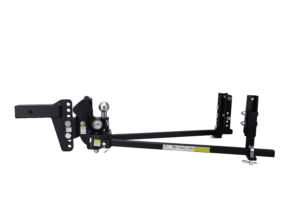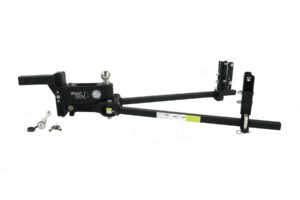Towing Safety
Weigh Safe Experiments on How Tongue Weight Affects Fuel Efficiency
Decreased fuel efficiency is unavoidable when it comes to towing.
No matter what mileage your vehicle is rated for, your MPG is going to drop depending on how much weight you are towing. Estimates have shown that your fuel efficiency generally decreases by about 1-2% for every 100lbs of weight that is added to your vehicle. They’ve also shown that when your trailer is overloaded, it can result in about a 2-5% fuel increase.
How about tongue weight?
As a company that specializes in proper towing and tongue weight, we were really interested to see what was out there about the impact of tongue weight and fuel efficiency. However, no real empirical information seemed to exist.
So we put “Fuel Economy x Tongue Weight” to the test.
We wanted to test and see how our fuel economy was affected by towing different amounts of tongue weight by an experiment consisting of three different trial runs:
- Too Much Tongue Weight (over 15% GTW)
- Too Little Tongue Weight (under 10% GTW)
- Proper Tongue Weight (10-15% GTW)
THE TEST
With a trailer of 4,500lbs Gross Trailer Weight (GTW), we planned to drive on the same 28 mile mapped route for each trial run.
We began each trial run with a full tank of gas.
After each run, we filled the tank back up with gas to see how many gallons were used.
With this information, we were able to find out our average MPG in regards to the amount of tongue weight we were towing.
Curious about what we found?
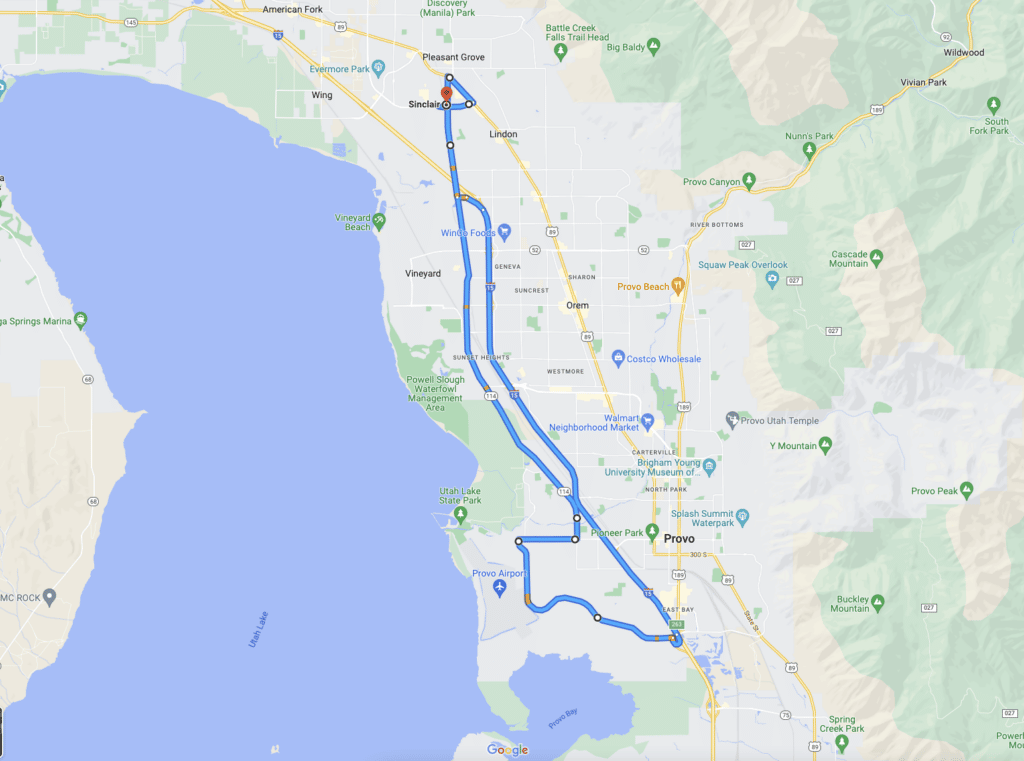
TRIAL RUN (A): TOO MUCH TONGUE WEIGHT

In order to reach a tongue weight heavier than 15% GTW, we moved the weight more towards the front end of the trailer. This gave us a tongue weight of about 1,350lbs (30% GTW)
It took us 45 minutes to complete the mapped route, with a total of 13 stops. Upon returning to the gas station to fill the tank back up, we lost a total of 1.809 Gallons.
The Facts:
-
- Tongue Weight: 1,350 LBS
- GTW %: 30%
- Time: 45 Minutes
- Stops: 13
- Gas Used: 1.809 Gallons
- MPG: 15.48
TRIAL RUN (B): TOO LITTLE TONGUE WEIGHT

To achieve a tongue weight lighter than 10% GTW, we moved the weight more towards the rear end on the trailer. This resulted in having about 200lbs of tongue weight (4% GTW).
This time it took us 42 minutes to complete the mapped route, with a total of 11 stops. After filling the tank back up, we found that we lost a total of 1.913 Gallons.
The Facts:
-
- Tongue Weight: 200 LBS
- GTW %: 4%
- Time: 42 Minutes
- Stops: 11
- Gas Used: 1.913 Gallons
- MPG: 14.636
TRIAL RUN (C): CORRECT TONGUE WEIGHT

For the final trail run, we moved the weight more towards the center of the trailer until we reached a safe & proper tongue weight of 675lbs (15% GTW).
It took us 45 minutes to complete the mapped route, with a total of 13 stops. This time we found that we lost a total of 1.679 Gallons.
The Facts:
- Tongue Weight: 675 LBS
- GTW %: 15%
- Time: 45 Minutes
- Stops: 13
- Gas Used: 1.679 Gallons
- MPG: 16.676
THE RESULTS
|
Fuel Economy Test |
|||
|
Miles per run |
28 |
||
|
Gross Trailer Weight |
4500 LBS |
||
|
Trial Run |
Too Light |
Proper |
Too Heavy |
|
Tongue Weight (LBS) |
200 |
675 |
1350 |
|
GTW % |
4% |
15% |
30% |
|
Difference from Base % |
15% |
0% |
8% |
|
# of Stops |
11 |
13 |
13 |
|
Time (minutes) |
42 |
45 |
45 |
|
Gallons Used |
1.913 |
1.67 |
1.809 |
|
MPG |
14.64 |
16.77 |
15.48 |
At the end of this trial, it would appear that having proper tongue weight did, in fact, have a positive effect on fuel efficiency while improper tongue weight resulted in a loss.
Light Tongue Weight (4% GTW): 28 miles / 1.913 gallons = 14.64 MPG
Heavy Tongue Weight (30% GTW): 28 miles / 1.809 gallons = 15.48 MPG
Proper Tongue Weight (15% GTW): 28 miles / 1.67 gallons = 16.77 MPG
Looking at the data on its own would suggest that proper tongue weight has a positive impact on fuel economy. However, it is likely that the results are all within the margin of error, so we cannot conclusively say that tongue weight affects fuel economy without running a larger test with stronger controls.
Whether it can save you some gas money or not, properly loading your trailer to maintain proper tongue weight is vital when it comes to safe handling and driving control. We made it easy for you to tow with complete and total peace of mind with the Weigh Safe Hitch that Measures tongue weight.
What are some other ways you can help improve your MPG/Fuel Efficiency?
So while you should ALWAYS tow with proper tongue weight for safety, here are some other things you can do to help with your fuel economy right now:
-
-
- Do NOT overload your towing vehicle and/or trailer.
- Know your weight ratings
- Know your tongue weight
- Get rid of any excess weight. It’s never a bad idea to lighten your load by leaving behind that extra weight that you won’t need for that towing trip.
- Avoid accelerating fast
- Use Cruise Control
- Avoid driving on windy days
- Avoid hauling cargo on top of your vehicle’s roof
- Do NOT overload your towing vehicle and/or trailer.
-
